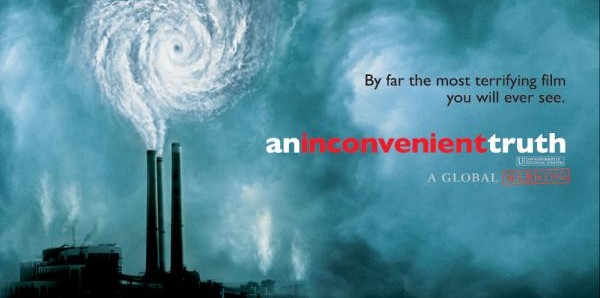
Beliefs about climate change are not so much about social demographics, but about what else you believe in–your values, worldviews, and political affiliations. The Washington Post recently featured a new analysis reviewing all existing literature on climate change beliefs. They found that people who vote for more liberal political parties are more likely to believe in climate change. In addition, those who are more concerned with the environment–measured by something called the New Ecological Paradigm (NEP)–were also more likely to believe in global warming. Finally, the trustworthiness of scientists was also a strong predictor in individuals’ beliefs in climate change.
Beliefs, though, do not always translate into action. The researchers found that even those who believe in climate change sometimes do not support policies to remedy it. This occurs more as the policies asked about get more specific. According to sociologist Aaron McCright, this disconnect may simply reflect how people feels about those policies regardless of how they help the environment. He says, “even people who are pretty environmental don’t like taxes still.”
So how do these findings help fight climate change? Sociologist Riley Dunlap suggests that since it may not be possible to change people’s minds, activists should focus their resources on mobilizing voter support for politicians who recognize the importance of climate change. Additionally, McCright suggests that conservative leaders who believe in climate change should be more outspoken about their positions. Psychology professor Matthew Hornsey add that the key, to his mind, is making messages about climate change fit with the worldviews of people who generally do not support climate change. Painting environmentalism as patriotic, for instance, may spur support for mitigation policies.

Comments